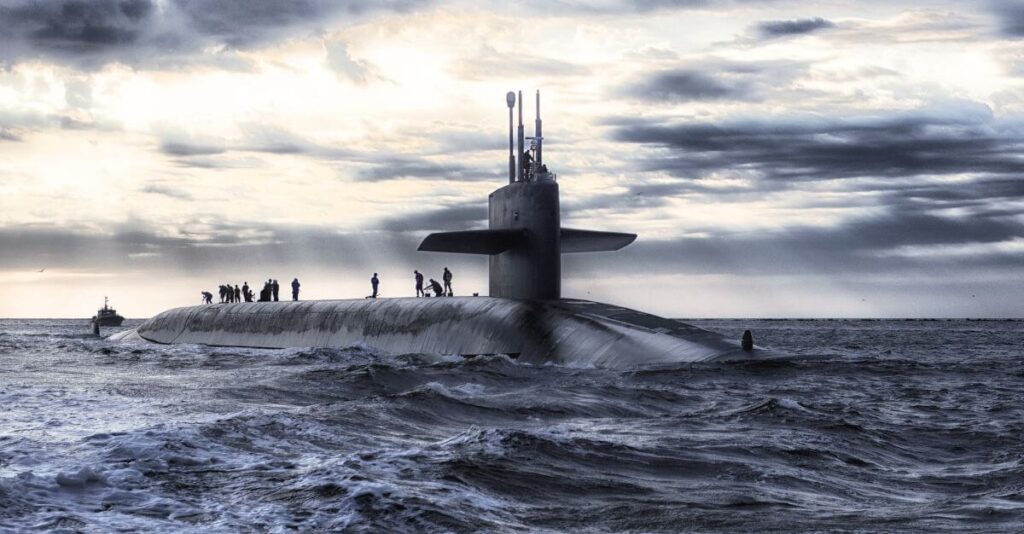The move enhances U.S. security commitment and strengthens maritime operations in critical waterways like the Strait of Hormuz.
The U.S. Navy has deployed a Virginia-class nuclear-powered attack submarine (SSN) to the Middle East. This move reflects a stronger U.S. commitment to security and stability in the region. The deployment focuses on the Persian Gulf, Arabian Sea, and critical waterways like the Strait of Hormuz. The Virginia-class submarines rank among the most advanced undersea vessels. They come equipped with state-of-the-art weapons, sensors, and stealth technology.
The U.S. sent these submarines in response to growing tensions, particularly with Iran. Iran frequently destabilizes the region and threatens maritime security. Virginia-class submarines are versatile and armed with torpedoes and Tomahawk cruise missiles. They can conduct various missions, including surveillance, intelligence gathering, and striking land or sea targets. These submarines also deter potential adversaries and project U.S. naval power in contested environments.
Their ability to remain submerged for long periods allows them to conduct covert operations. This makes them crucial for the U.S. Navy in monitoring and securing strategic chokepoints, like the Strait of Hormuz. This waterway carries a significant portion of the world’s oil supply.

The U.S. has maintained a naval presence in the Middle East for decades. The U.S. Fifth Fleet, based in Bahrain, plays a vital role in this effort. The Virginia-class submarine deployment follows recent confrontations in the region. Iran has harassed commercial vessels and seized tankers, raising safety concerns for maritime routes.
Iran’s growing military capabilities, including ballistic missile programs, alarm U.S. allies in the Gulf. These developments prompted the U.S. to enhance its deterrence posture in the region.
In summary, deploying the Virginia-class nuclear submarine highlights the U.S. Navy’s strategic focus on the Middle East. This action aims to reassure regional allies, protect vital trade routes, and counter threats from Iran and other actors. It emphasizes the importance of naval power in maintaining regional stability in this geopolitically sensitive area.



